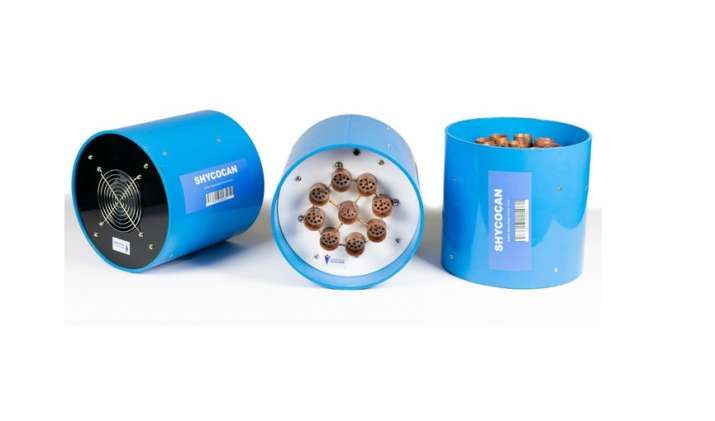New Delhi, Aug 22: In a landmark judgment, the Supreme Court on Tuesday suspended the triple talaq verdict for the next six months with immediate effect. The top court also asked the Parliament to bring in the new law to govern the issue. Three out of five judges hearing the case have declared triple talaq as 'arbitary' and 'unconstitutional'.
A five-judge bench comprising of Chief Justice Jagdish Singh Khehar, Justice Kurian Joseph, Justice Rohinton Fali Nariman, Justice Uday Umesh Lalit and Justice S Abdul Nazeer – all from different religious communities including Sikh, Christian, Parsi, Hindu and Muslim – heard seven pleas, including five separate petitions, filed by Muslim women challenging the prevalent practice of triple talaq in the community.
Uttarakhand-based Shayara Bano was the first to file a petition in the Supreme Court of India challenging the constitutional validity of Triple talaq.
Expressing happiness on the judgement, Bano told Zee News, “I know the law of triple talaq cannot end. But the Supreme Court has ended the practice. It's a great judgment for Muslim women across the country and for our future generation.”
She further added, “There is no mention of teen talaq in Quraon. It's a fabrication of the society.”
“I have not even seen my children in the last two-three years. I don't know what's happening to them. I hope no one goes through such tremendous mental pressure. Because of triple talaq, children are suffering physical and mental harassment,” said Bano.
“Triple Talaq is a violation to equlity and the dignity of a woman,” said Monika Arora, Supreme Court advocate.
The judges had reserved its verdict on May 18 after a six-day marathon hearing during the summer vacation.
The Chief Justice of India (CJI) J S Khehar, while reading the judgement, said that "talaq-e-biddat is not in violation of articles 14,15, 21 and 25 of the Constitution."
He further said the talaq-e-biddat is an integral part of Sunni community, which is being practiced for the last 1000 years.
During the hearing, the top court observed that the practice of triple talaq was the "worst" and "not a desirable" form of dissolution of marriage among Muslims, even though there were schools of thought which called it "legal".
The Centre had told the bench that it introduce a new law to regulate the instant divorce practice among Muslims, if triple talaq is held invalid and unconstitutional by the top court.
The government had termed all the three forms of divorce among the Muslim community - talaq-e-biddat, talaq hasan and talaq ahsan, as "unilateral" and "extra-judicial"
As the Centre sought to flag the issue of gender equality of Muslim women vis-a-vis women in other religions and in Islamic countries, the All India Muslim Personal Law Board (AIMPLB) asked it to bring a law taking recourse to Article 25 (2)(b) of the Constitution that permits enactment of law invoking social reforms.
However, AIMPLB had cautioned the constitution bench that "testing the validity of customs and practices was a slippery slope" and cautioned the bench that "testing the validity of customs and practices was a slippery slope".
In the course of the hearing, the AIMPLB issued an advisory to telling the qazis to give an option to Muslim women to opt out of instant triple talaq before giving consent for nikah.
Senior advocate Kapil Sibal, appearing for All India Muslim Personal Law Board (AIMPLB), had equated the issue of triple talaq with the belief that Lord Rama was born in Ayodhya and these were matters of faith which cannot be tested on grounds of constitutional morality.






Comments
Close your eyes and think who created this, when i was close my eyes i can`t see anything and ask your creator to guide me in Right path , Don't blame Islam , blame yourself that you can`t identify your creator.
Dear Saleem, If you want to live in India, then you should follow Indian laws and rules. Any country like that only. I cant live in Saudi without following their rules. Modiji is doing right thing in that way...
True mr. unknown. "Islam not just a religion its a lifestlye for peaceful life BY DIVORCING WIFE VERBALLY JUST SAYING TALAQ"
Islam not just a religion its a lifestlye for peaceful life
SC cant decide our laws
Most awaited verdict
Wow... Great...
Contradiction is in the case of PM
Add new comment